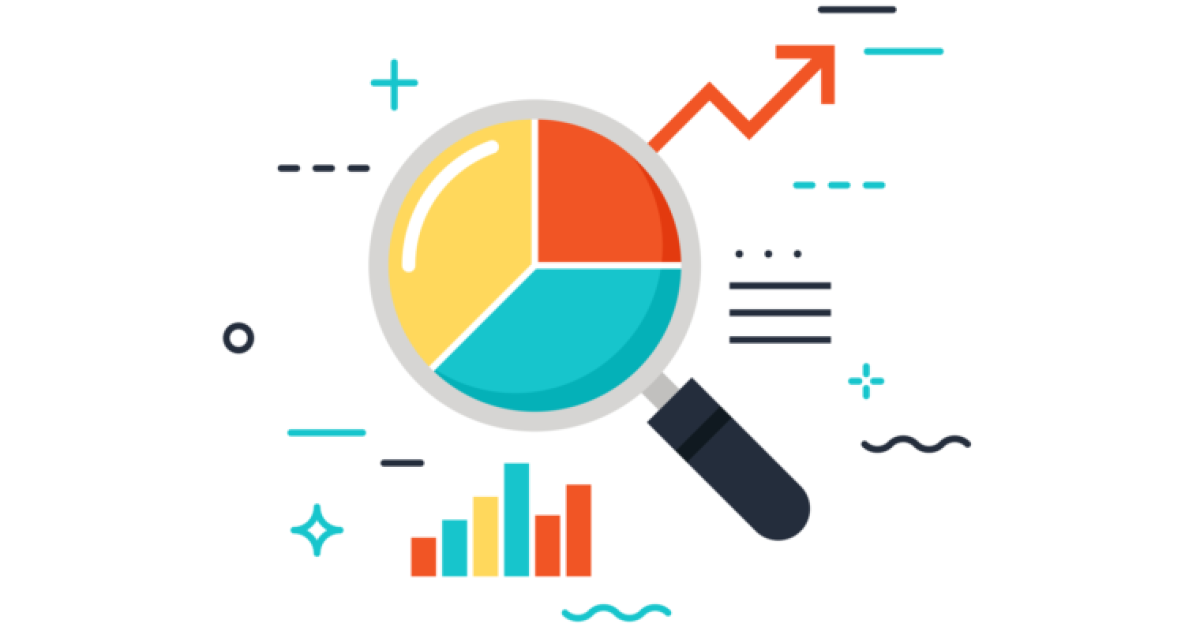Learning Analytics
Notice
The course will officially start on November 4th, 2020 and will take place fully online. More information will be provided in the Moodle courseroom for the registered students. Registration is still possible until October 16th, 2020 (see the registration section below).
About this Course
Learning Analytics (LA) has attracted a great deal of attention as practitioners, institutions, and researchers are increasingly seeing the potential that LA has to shape the future technology-enhanced learning landscape. LA is an emerging data science field that represents the application of big data and analytics in education. It deals with the development of methods that harness educational data sets to support the learning process. LA is an interdisciplinary field involving competences from computer science, cognitive psychology, and pedagogy. It leverages various computer science methods. These include statistics, big data, machine learning, data/text mining, information visualization, visual analytics, and recommender systems. The first part of the course will provide a systematic overview on this emerging field and its key concepts through a reference model for LA based on four dimensions, namely data, environments, context (what?), stakeholders (who?), objectives (why?), and methods (how?). In the second part of this courses, we will discuss various methods and techniques required to develop innovative LA systems, in relation to each dimension of the LA reference model. In the last part of the course, current topics and trends in LA research will be presented and discussed in invited talks. The presented methods and technologies will be further investigated and applied in small student projects carried out throughout the course. The course topics will include:
- Learning analytics and related areas (e.g. educational data mining)
- A reference model for learning analytics
- Big Data (Hadoop ecosystem)
- Learner modeling
- Ethics and privacy in learning analytics
- Assessment and feedback
- Machine Learning / Data Mining (classification, clustering, association rule mining)
- Recommender systems
- Information visualisation and visual analytics
- Current topics in learning analytics (invited lectures)
Getting credits for this course requires a successful completion of all assignments, project, and oral exam at the end of the semester. The final grade will be calculated as follows: assignments and project (50%) and oral exam (50%).
Target audience
- Master Applied Computer Science
- Master ISE
- Master Komedia
Date and location
Lecture:
- Wed, 12:00 – 14:00
- Online
- Starts on November 4, 2020
Lab Session:
- Thu, 10:00 – 12:00
- Online
- Starts on November 5, 2020
Prerequisites
- Interest in data science and/or learning technologies.
- High motivation and commitment.
Registration
Due to didactical methods, we have a limit of 30 students for this class (first come first serve). To register, please send an email to Mr. Mouadh Guesmi by October 16th, 2020 with your contact information, your study program, and if available your knowledge/experience in Data Science and Learning Technologies. If the maximum number of participants is reached, we will use a waiting list.
Organization
- Course material in Moodle
- Show in course catalogue (LSF, Module Database)
Lecturers
Prof. Dr. Mohamed Chatti (Lecturer)
Student Projects

Courses
Group name: MVPP
Group members: Martín José García Muñoz, Veronika Demykina, Paul Meteng, Philipp Herrmann
Project description:
The project idea is to develop a lecture recommender application called 'Courses' that uses the information about the study programm and interests of students to recommend the courses that fit best. The students are provided with the possibility to dive deeper into the lecture information as well as lectures evaluations from the previous semesters.
Links: GitHub, Deployed version, Live Demo

Academic Performance Analysis System (APAS)
Group name: LAkers
Group members: Yunlong Zhao, Ao Sun, Chengzhi Wei, Dexuan Zhang, Shahab Aldin Abbaszadeh
Project description:
The project idea is to develop an intelligent grade prediction system called 'Academic Performance Analysis System (APAS)' that analyzes students' performance and predicts their scores and performance in certain subjects and discovers various factors affecting success in school.

Pass Wizard
Group name: LA Pro
Group members: Baohui Deng, Tannaz Vahidi, Amr Shakhshir, Hesamoddin Heidarzadeh
Project description:
The project idea is to develop a grade prediction system called 'Pass Wizard' that is designed to predict students' grades in two secodary schools [Gabriel Pereira, Mousinho da Silveira] in Portugal in Portuguese Language Course.
Links: GitHub, Deployed version, Live Demo,

Student Admission Prediction
Group name: Dataology
Group members: Saif Almaliki, Lamees Kadhim, Tamanna Tamanna, Kunal Kunal, Sepideh Hosseini Dehkordi
Project description:
The project idea is to develop an enrolment prediction system called 'Student Admission Prediction (SAP-Project)' that is designed to predict the chance of admission. This project used the Graduate Admission Dataset from Kaggle to implement machine learning algorithms to analyze the data, and developed a model to predict the University Ranking and then visualize the result.
Links: GitHub, Deployed version, Live Demo,

The Dreams Degree Recommender
Group name: The Data Dreams
Group members: Ilia Nassif, Nikul Goyani, Salman Adjie Wiratama, Yustinus Aquila Adrian, Furkan Erbil
Project description:
The project idea is to develop a recommender system called 'The Dreams Degree Recommender' that is designed to recommend study programs based on a user input text. This project uses machine learning algorithms and libraries to make the predictions and the descriptions of the study programs from the UDE as input.
Links: GitHub, Deployed version, Live Demo,

